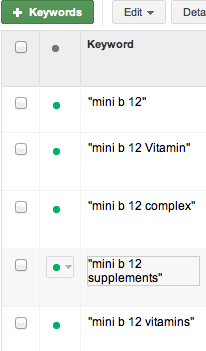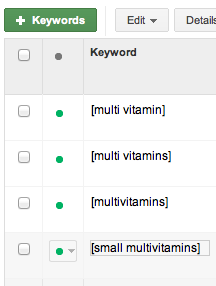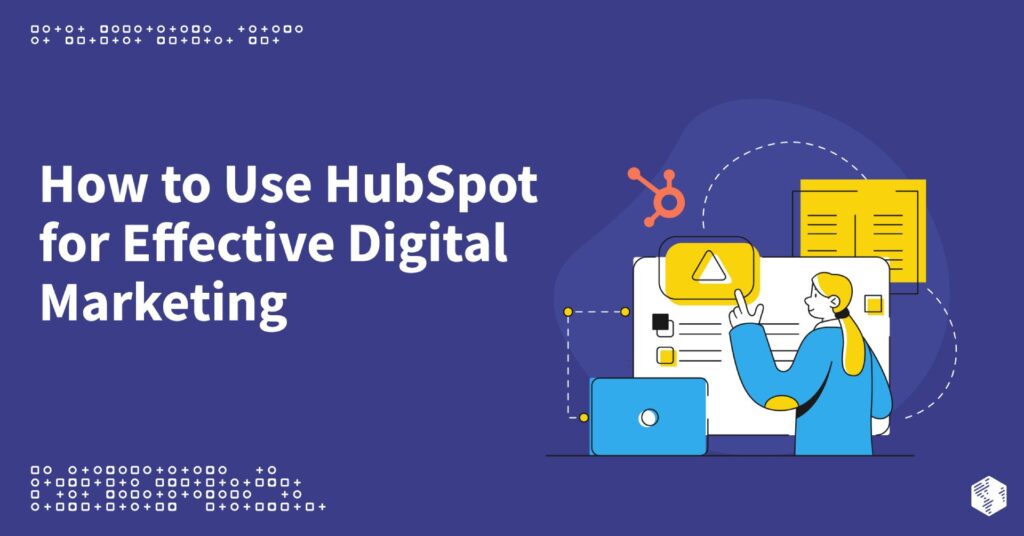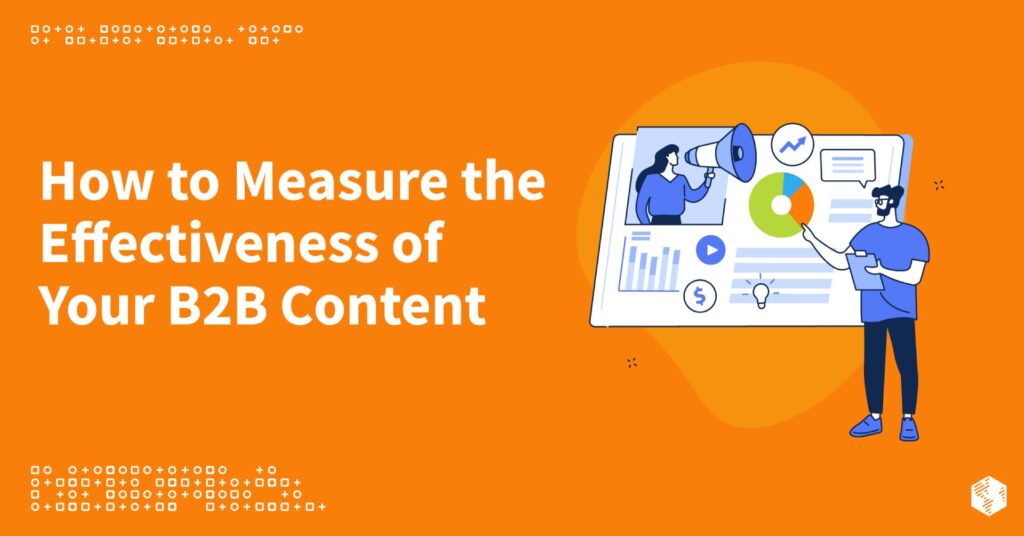If you’ve been managing your own PPC campaign and aren’t quite sure if you’re getting any ROI from your marketing budget, it’s time to do an audit.
While Google’s Ads platform is easy to use and accessible to anyone, it takes an in-depth understanding of campaign structure and the Google Ads platform to create a seriously successful campaign.
It’s so complex that professional PPC management consultants are required by Google to pass certification tests confirming their knowledge of both the fundamentals and their real-world application.
If you’re not working with a PPC management company, though, you can still optimize your campaign for better results, and look for a few major red flags that could cost you thousands of advertising dollars.
Account Structure
A valuable campaign starts with a solid structure. Does you have a consistent structure and naming convention? While these may seem unimportant, a disorganized, inconsistent campaign structure can be the reason your campaign is failing.
Ad Groups
Ad groups are like the filing cabinets of your campaign. Just like you keep different files in different drawers, you should organize your products into ad groups. Each ad group can then contain only the most relevant keywords, rather than an ineffective and disorganized mish-mash of unrelated ones.
Keywords and Keyword Match Types
One of the biggest mistakes Google Ads novices make is using the wrong keywords and the wrong match types. If you’re new to PPC, there are several match types used to categorize your keywords, including:
Broad — This match type will make your ads display whenever a single word in your keyword phrase is included in a search query. For example, if you enter “kitchen remodeling” in broad match, it may display alongside searches for phrases like “kitchen jobs,” “kitchen gadgets” and other unrelated topics. Clicks for these terms will only cost you in the end if you’re a home remodeling company.
This is what broad match keywords in your campaign look like:
Phrase — This match type displays your ads when your keyword phrase or a close variation of that phrase is used in a search query. For example, entering the keyword “kitchen remodeling” in phrase match may trigger your ads for searches like “kitchen remodeling inspiration” and “kitchen remodeling photos.”
How do you identify phrase match keywords in your campaign? They use quotation marks, as seen below:
Exact — This match type will only trigger ads when the exact keyword or keyword phrase (or a close variation) is entered. This is the safest, most conservative way to use match types, as it typically provides a higher ratio of qualified clicks. Exact match keywords are designated with brackets, as seen here:
If you campaign is not utilizing match types like these, you’re probably losing money over low-quality clicks.
Search Query Reports
If you’ve never heard of Search Query Reports (SQR), it’s time to learn about them. Running regular SQRs allows you to see what types of queries are leading to clicks, and can help you identify unusual or unrelated queries that are costing you money.
Campaign Negatives
Similar to SQRs, if you aren’t sure what negative keywords are, they’re likely already costing you money. Negative keywords are keywords that you enter at the account or campaign level to prevent your ads from showing up for irrelevant queries. Some basic negative keywords that you should always use include “images,” “ideas,” “photos” and “jobs.”
This ensures that your “kitchen remodeling” ads, for example, don’t show up and attract clicks when someone is simply looking for ideas or photo galleries.
Ads and Messaging
As a rule of thumb, each of your ad groups should contain multiple ads—a good starting point is three different ads per ad group. Quality is as important as quantity, though. To create effective ads, your priorities should include:
- Taking advantage of allowed character limits
- Relevant titles that are directly relevant to your products/services
- Valuable offers and calls to action within the body
- Title casing format
Campaign Settings
Another easily-overlooked aspect of your PPC campaign is your campaign settings. From location targeting to the timing of your ads, you can manipulate your campaign settings to make your PPC considerably more cost-effective.
If you’re a local company, for example, running a national campaign can drain your budget without bringing you the business you’re looking for. If your ads are running 24 hours a day but your business can only respond to queries during normal business hours, you could be losing money while you sleep.
If you’re trying to manage your own PPC campaign, it’s important to understand how these fundamentals all work together.
This can help you fix the problems that are costing your campaign money. While many PPC problems are too complex to solve with a five-minute audit, a certified professional OneIMS management and SEO company can help you identify and solve deeper issues within your campaign.


































